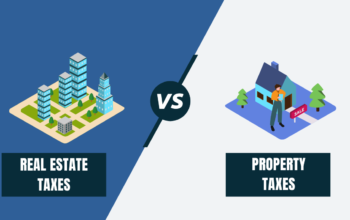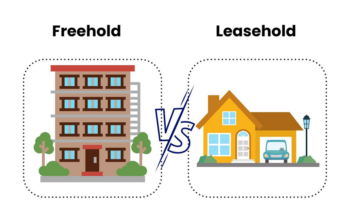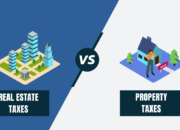Uzone.id – Investment in real estate can be said to be “clearer”. The price will definitely continue to rise even if it is gradual. As a result, planting money in real estate is the right step to increase wealth.
But, what about a beginner? Relax, we give you a guide to understand more about the ins and outs of investing in real estate.
1. Why Real Estate?

As we said at the beginning, investing in real estate is a smart way. Because, the price will be stable and tend to be an asset that continues to grow and become more expensive.
Real estate becomes a long-term investment. If you are not interested in occupying it, you can rent it out to get a regular income every month or year.
Here’s why people love real estate:
• Appreciation: Property values generally increase over time.
• Cash flow: If you rent out the property, you can get regular income.
• Tangible asset: Unlike stocks, you can see and touch your investment.
2. Understanding the Basics

There are three things that you must understand before buying real estate to invest. Return of Investment (ROI), location, and Leverage.
ROI means measuring how much profit compared to the investment, such as taxes, rent, and other costs.
Then the location, because the price of the property purchased greatly affects the location. Either near the park, public transportation points, markets, and other public areas. The more strategic the location, the easier it is to sell or rent it at a high price.
Then leverage, where real estate providers allow you to control valuable assets with smaller down payments and mortgages.
3. How to Get Started
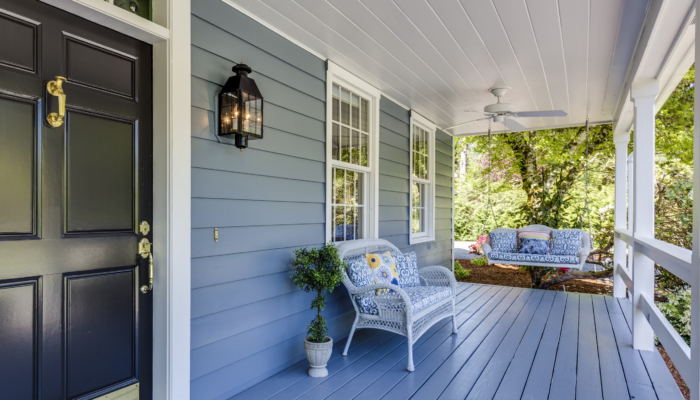
So, you’ve decided to give property investment a shot. Where do you start?
a. Educate Yourself
It’s crucial to understand how real estate works before making any decisions. Research the market, read up on investment strategies, and maybe even take a real estate investment course. You can also talk to real estate professionals who can guide you through the process.
b. Set a Budget
This is the part where most beginners make mistakes. While it’s tempting to go all-in on a property, you need to be realistic about your finances. Set a budget that includes the property’s price, additional costs (like renovations or repairs), and any legal fees. Don’t forget to consider the cost of borrowing if you’re taking out a loan.
c. Pick Your Strategy
There’s more than one way to make money in real estate. Here are some popular strategies:
- Buy and Hold: This is where you purchase a property and keep it for a long time, hoping its value increases. You can rent it out during this period to generate income.
- Fix and Flip: You buy a property, renovate it, and then sell it for a profit. This is riskier but can bring big rewards if done right.
- Rentals: Buy a property and rent it out to tenants. It provides regular income, and you still own the property that will (hopefully) appreciate in value.
4. The Buying Process

Once you’re ready to take the plunge, here’s a quick rundown of what the buying process looks like:
- Find a Property: Look for a property that fits your investment strategy. Keep in mind your budget, the location, and the condition of the property.
- Get Financing: If you’re not paying cash, you’ll need to get a loan. Shop around for mortgage options to find the best interest rate.
- Do Your Due Diligence: Inspect the property, check local market trends, and make sure there are no legal issues with the property. This step is essential to avoid costly surprises.
- Make an Offer: Once you find the right property, make an offer to the seller. Negotiation is key here, so don’t be afraid to haggle a bit.
- Close the Deal: If the offer is accepted, you’ll go through a closing process that involves signing paperwork and paying the necessary fees. Once everything’s done, the property is yours!
5. Mistakes to Avoid

As exciting as property investment is, there are common mistakes that beginners should watch out for:
- Overpaying: Just because you love a property doesn’t mean it’s worth the asking price. Do your research to make sure you’re paying a fair price.
- Ignoring Expenses: Remember, owning property isn’t just about the mortgage. You’ll have maintenance, property taxes, insurance, and possibly property management fees.
- Not Having an Exit Strategy: Things might not go according to plan, and that’s okay. But it’s crucial to have an exit strategy in place. Whether it’s selling the property or converting it to another use, always know your plan B.
6. The Long Game
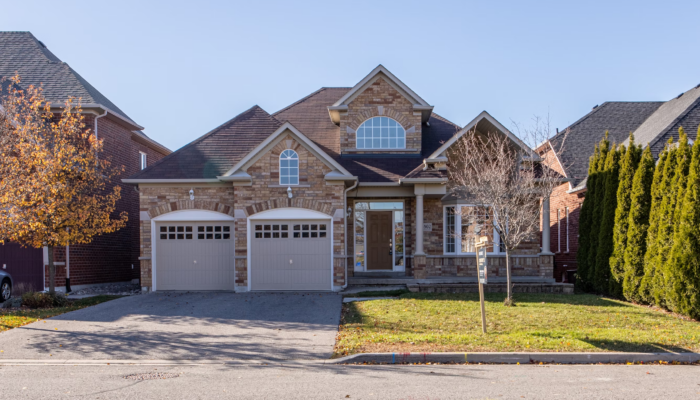
Real estate is not a get-rich-quick scheme. It requires patience, planning, and a willingness to play the long game. The value of your property might not skyrocket overnight, but if you make smart decisions, it can be a reliable and rewarding investment over time.




